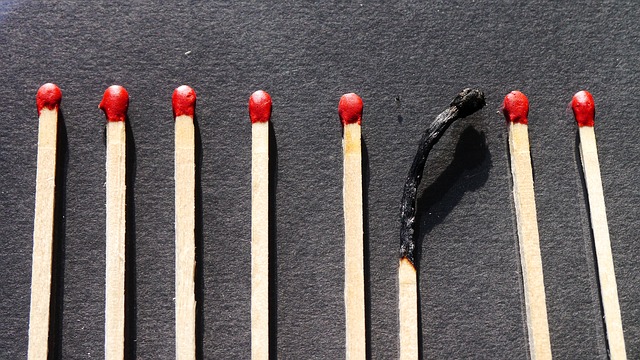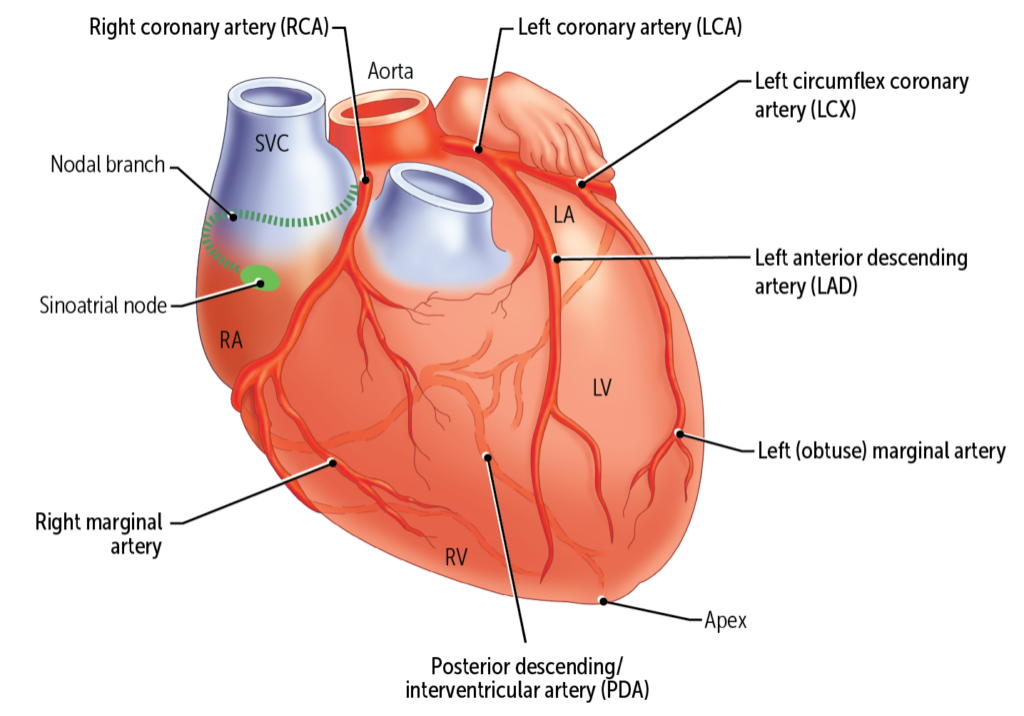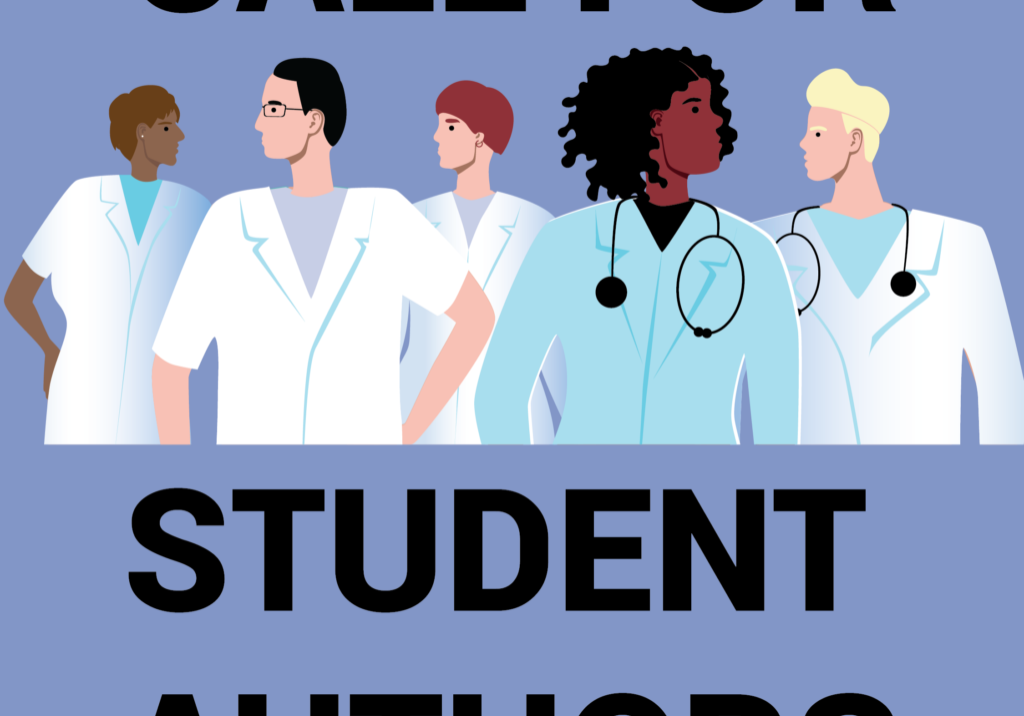If you flip through any current medical journal, there is bound to be something written about physician burnout. But burnout isn’t limited to physicians; residents, attendings, and even medical students suffer from physical and mental exhaustion. I heard it as early as my third year of medical school but didn’t think much of it. All I retained as a medical student was that both doctors and residents are burnt out.

I have trouble defining burnout even as I write this. We throw the term around so freely that it has lost all meaning I can recall when I first used the word during my medical training. I would use the word burnout about studying. I used it in place of “I don’t want to study anymore” to sound more mature. Instead of saying, “I don’t care about renal physiology,” I would replace it with “I can’t study this stuff today, I am so burnt out.” I felt by saying I was “burnt out” rather than “I don’t care,” it masked my disinterest with the material. And so, I carried that definition of burnout until I began residency.
During my residency orientation, I was formally introduced to the concept of physician burnout. At the time, I thought it was a doctor not having enough fortitude to do their job or laziness. They should just suck it up and work. Reflecting now as someone who has completed residency, this could not further from the truth! I was humbled during intern year and every year of residency after. I began to understand the concept of burnout but still struggled to understand its meaning. Slowly I noticed that I too began feeling burnout. I told myself that I was stressed because I care about my patients, medicine, and my colleagues, but something is lacking. It’s not resilience; anyone who has completed medical school is resilient. It’s not work ethic; being a first generation Canadian as well as an IMG, my work has always been cut out for me. What I found was that ‘oomph’ or drive that I used to have, was absent. The excitement of medicine was still there. The connection I made with my patients made me feel alive and happy that I chose the right field. I found that I was overwhelmed by the business part of medicine: the coding, the billing, the metrics, the EMR. All of this ate away at the joy I felt as a physician.
Some days I felt like a fraud. I worked 12 hour days and what good did I do? Did I change someone’s situation for the better? Often I felt like I didn’t accomplish anything except serve my EMR and the coding system. I felt disconnected. I began to realize that practicing medicine in this age is not simply about helping and healing. The majority of my time was spent on administrative duties or endless insurance paperwork. I got into medicine to fulfill my dream of serving my patients with medical care. But the reality is feeling rushed all the time. To be an efficient physician in the 21st century, my patient’s problems need to be limited to 5 to 10 minutes or else I cannot see more patients and get enough 99213s or 214s to generate enough revenue to keep my doors open, let alone reaching my RVU goals for the month. When I started medical school, I thought that a doctor’s sole responsibility was to serve their patient but this is not the truth. Now, a physician has to serve the patient, the EMR, the insurance company, and the administration; all must be in perfect balance. As such, we suffer burnout as we realize that that serving a patient is far more complex than it seemed.
Most importantly, physician burnout doesn’t affect a select few; rather, it is happening everywhere. It has affected both close friends and doctors I’ve never met. There isn’t a simple fix.
No, a wellness retreat or a mental health day won’t solve this complex issue. The work will still be there when we get back. It is a critical issue in the medical field that needs to be addressed. I reflect on a video I recently watched about physician burnout by ZDoggMd. He says it best: it is not “burnout” but “moral injury”. We are morally injured about the state of healthcare and morally injured that so little time is spent helping patients. What is the solution? I do not know. We can’t just cause mass anarchy in the medical field, burn the EMR and call it a day. But we cannot just sit on the sidelines as physician suicide increases, acknowledge burnout but do nothing about it.
What do you think needs to be done?
About the author: Richard Giovane is a board certified Family Medicine physician. He completed his residency training in Family Medicine at the University of Alabama, at Tuscaloosa [Roll Tide!]. He was born in Canada but has an Italian background, and yes, he does talk with his hands a lot and has difficulty grasping the concept of the volume of his voice! He enjoys reading, writing, playing video games, and has a strong passion for medical education. He is currently the Senior Editor for Step 1 Qmax and has served as an author for several First Aid books.



